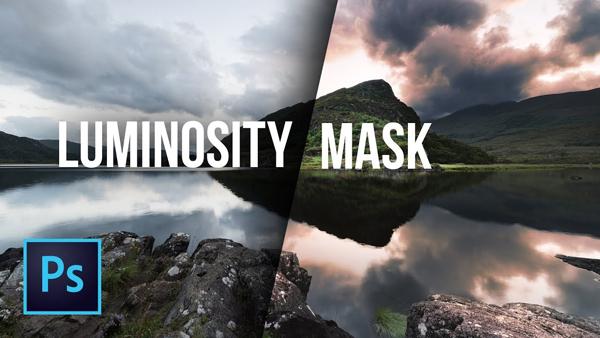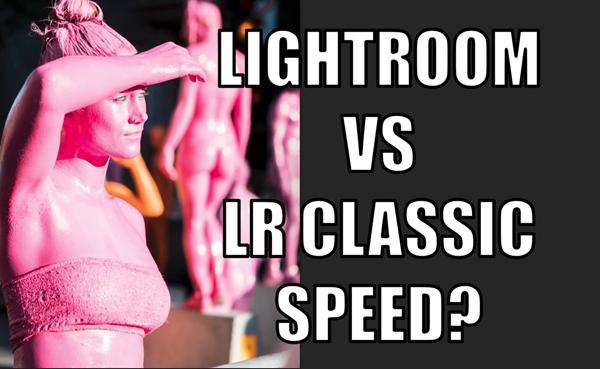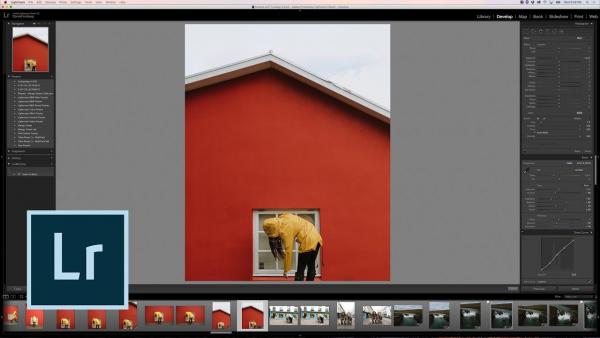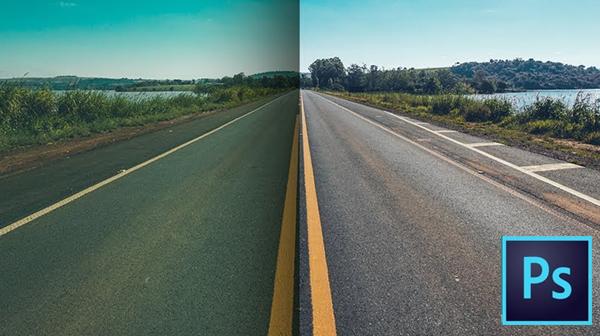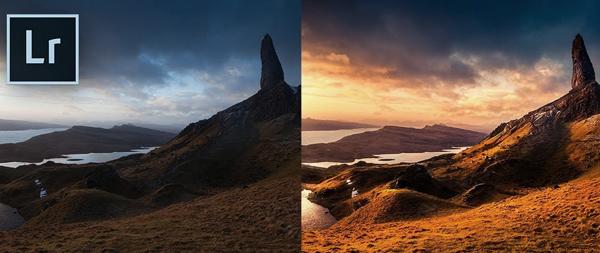Software How To
Sort By: Post Date TitlePublish Date
|
Nov 01, 2017
|
Oct 31, 2017
|
Oct 30, 2017
|
Oct 27, 2017
|
Oct 23, 2017
|
Oct 20, 2017
|
Oct 18, 2017
|
Oct 17, 2017
|
Oct 16, 2017
|
Oct 13, 2017
|
Oct 11, 2017
|
Oct 10, 2017
|
Oct 09, 2017
|
Sep 28, 2017



